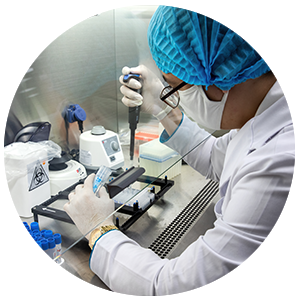Bacterial infections that do not respond to treatment are a leading cause of death worldwide.
Bacterial resistance causes an estimated 4.95 million deaths globally, of which 1.27 million are directly caused by drug-resistant infections, many of whom die from untreatable bacterial infections. treatment rather than HIV or malaria. The estimates are based on analysis of hospital, surveillance and other data sources covering 204 countries and territories by an international team of researchers.
.
The team also said that worldwide, 64 deaths per 100,000 people were linked to drug-resistant infections and 16.4 deaths per 100,000 people were caused by these infections. Notably, western sub-Saharan Africa has the highest mortality rate of 114.8 deaths per 100,000 people due to drug-resistant bacteria and 27.3 deaths per 100,000 people due to drug-resistance.
.
Among the bacteria that lead to fatal drug-resistant infections, the top three are Escherichia coli, Klebsiella pneumoniae, and Staphylococcus aureus. These pathogens can cause dangerous infections in health care settings in people with weakened immune systems.
.
In general, death rates from antibiotic-resistant bacteria are higher in places with fewer health care resources. This suggests that solutions need to consider regional differences. In many places, limiting antibiotic use to prevent drug resistance is key. But in western sub-Saharan Africa, increased access to antibiotics could reduce the burden of deaths from drug resistance, as second-line antibiotics needed after first-line drugs become unavailable.
.
Translator: Ho Thuy Tien
Source of article: https://www.sciencenews.org/article/antimicrobial-resistance-cause-death-antibiotic-bacteria





